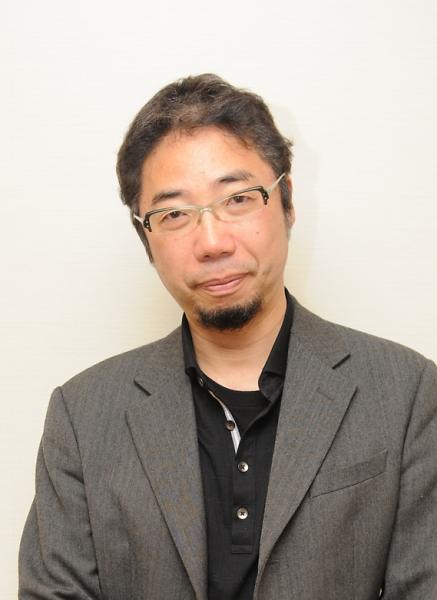"How can we develop deep mind of robots?" Dr. Jun Tani

Date
Location
Description
Prof. Jun Tani
Professor
Department of Electrical Engineering
Korea Advanced Institute of Science and Technology
Abstract
My research motivation has been to investigate how cognitive agents can acquire structural representation via iterative interaction with the world, exercising agency and learning from resultant perceptual experience. Over the past ten years, my group has articulated a series of neurodynamic learning models demonstrating various aspects of cognition. First, my talk reviews the multiple timescales recurrent neural network (MTRNN) model, in which a temporal hierarchy for action generation is developed by applying multiple scales of temporal constraints on neural activity. The temporal hierarchy developed in the model enabled the robot to generate complex actions in a compositional manner both physically and mentally. Second, I will review the multiple spatio-temporal neural network (MSTNN) model, extending the MTRNN for the purpose of dealing with high-dimensional spatio-temporal patterns such as in dynamic vision. This model demonstrates that the spatio-temporal hierarchy required for the visual categorization of compositional human action sequences can be developed by applying multiple scales of spatio-temporal constraints to neural activity. Third, I will introduce the visuo-motor deep dynamic neural network (VMDNN) model, developed by integrating the prior two. With this model, humanoid robots learn to generate goal-directed actions through visual observation of the surrounding environment and human interaction with the robots. Finally, I will point to one aim of future research, how the deep mind of a robot may arise through long-term tutoring.
Biography
Jun Tani received a doctor of engineering degree in electrical engineering from Sophia University in Tokyo in 1995. He worked for Sony Corp. and later for Sony Computer Science Lab as a researcher from 1990 to 2001. Then, he worked at Riken Brain Science Institute from 2001 to 2012 where he has been a PI of Lab. for Behavior and Dynamic Cognition. He had been also appointed as a Visiting Associate Professor, Graduate School of Arts and Sciences, University of Tokyo from 1997 to 2002. He became a full professor of Electrical Engineering in KAIST in Korea in 2012 where he started Cognitive Neuro-Robotics Lab. His research interests include neurorobotics, deep learning, complex systems, developmental psychology, and philosophy of mind.
Subscribe to the OIST Calendar: Right-click to download, then open in your calendar application.



